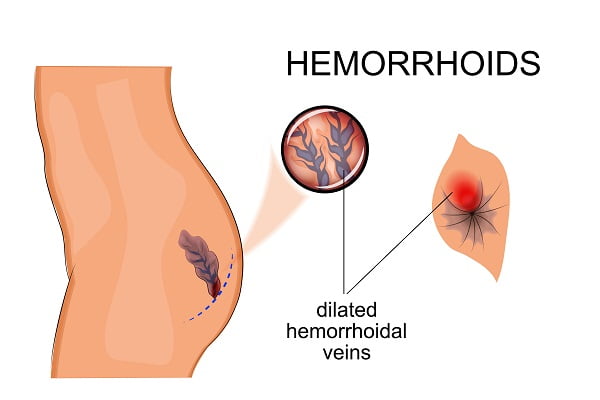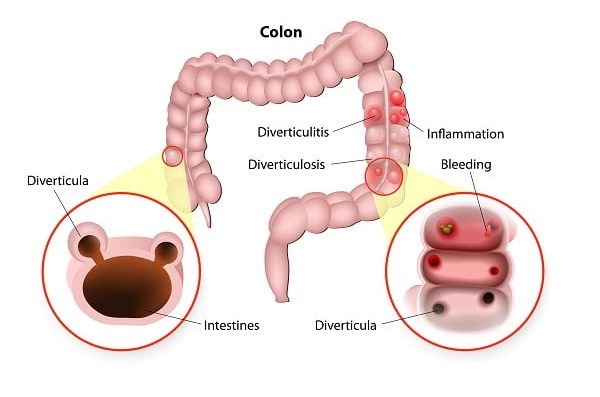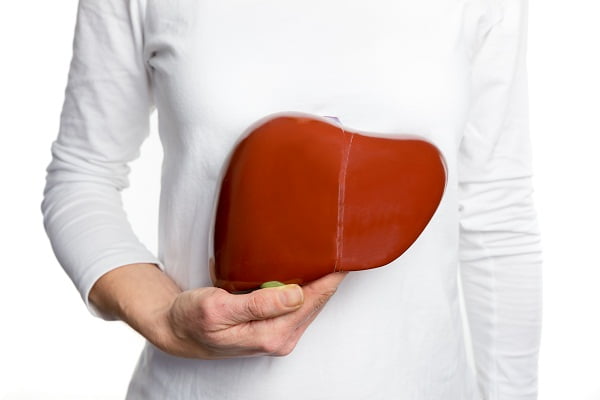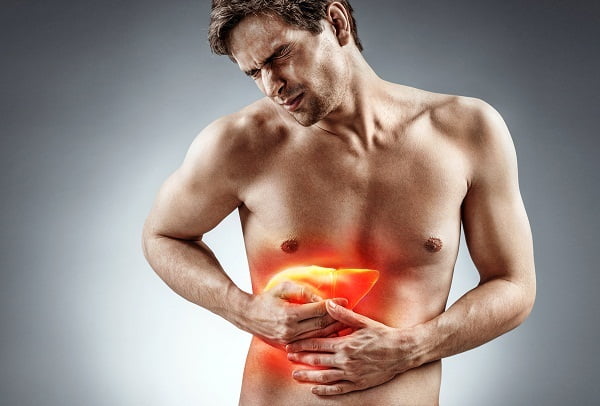Browsing: Digestive Health

The page provides quick access to a list of common gastro-intestinal tract diseases, syndromes, health conditions, and other topics of health importance. The list is organized alphabetically. Links are provided to respective diseases sections that serve as a comprehensive and ultimate guide about the disease or health condition.
Some people experience certain gastrointestinal (GI) symptoms on a regular basis, such as heartburn, indigestion/dyspepsia, bloating and constipation. These symptoms may occur due to various digestive problems. Depending upon the condition, the gastrointestinal disease (GI disease) may be acute or chronic. The best way to prevent occurrence of any such disease is exercising on a regular basis and have a healthy diet.
Healthcare professionals indicate such prevalent occurrence of gastric diseases throughout the world, across all age groups. This is due to improper diet, obesity, gastroenteritis, inflammatory bowel disease, various gastric cancers and ulcers. Some doctors believe that digestive disorders occur due to malabsorption disorders and lack of gastric microbiome in an individual.
Gastrointestinal disorders include conditions such as constipation, irritable bowel syndrome, diverticular diseases, colitis, piles, gall stones and colon cancer, which are extremely common. These lead to inefficient digestion and absorption of nutrients in the body, causing severe effects in growth and development of an individual. Constipation and irritable bowel syndrome (IBS) are two most widespread gastric diseases.
Living with Crohn’s disease could mean that the patient has a proper understanding of the disease, its symptoms, flare-ups, treatment plans, and many more things that can help to manage the disease in an efficient way. Here are some ways that can help a person to live better with Crohn’s disease.
What Are Hemorrhoids?
Overview of hemorrhoids Hemorrhoids are vascular structures present in the anal canal. In normal condition, hemorrhoids work as cushions that…
Opinions of scientists are divided on what exactly causes hemorrhoids. It is believed that hemorrhoids are associated with chronic constipation, straining of anal muscles during bowel movements, and prolonged sitting or standing. These conditions interfere with blood flow to and from the area, causing enlargement of the vessels.
Celiac disease is an autoimmune disorder that is caused by the reaction of an abnormal immune system to gluten. The immune system mistakes the substance that makes gluten as a threat to the body. The antibodies attack the inside layer of intestines and make it swollen and inflamed.
What Are the Causes of Cirrhosis of Liver?
Cirrhosis is a chronic condition that is caused mainly by disease or injury to your liver. The process is slow and it takes time to reach severe condition like cirrhosis and cause liver failure. Chronic alcoholism is the main cause of cirrhosis and liver failure all over the world.
Diagnosing Diverticulitis
Your doctor will examine you and collect your medical and family history. Based on your symptoms, you may have one or more tests to rule out other diseases and conditions that could be causing the symptoms. A fiber-rich diet is recommended to prevent constipation and possibly prevent the formation of diverticula.
What Is Celiac Disease?
Celiac disease is an autoimmune disorder that particularly affects small intestine. When people affected by celiac disease eat gluten, a reaction is initiated in the body which damages the finger-like projections in small intestine which helps to absorb digested food. Celiac disease is a common problem and affects nearly 3 million Americans.
Diet for hemorrhoids includes different foods that are beneficial for hemorrhoid patients. Such a diet should include fiber-rich foods that prevent constipation. At least 25 to 50 grams of fiber per 1,000 calories should be consumed per day.
What Are the Complications of Cirrhosis?
The functioning of your liver is affected in cirrhosis. Even if the existing cells are able to make new cells which can function to maintain the basic processes in the liver, the condition is not good. Reduction in the number of liver cells and its capability to produce and break down substances is affected with cirrhosis.
The main function of our liver is to purify the blood, break down toxins and protein production. When the liver is unable to perform these functions due to cirrhosis, various symptoms may appear. The symptoms are not very obvious until the disease is advanced. These symptoms are generally non-specific.












